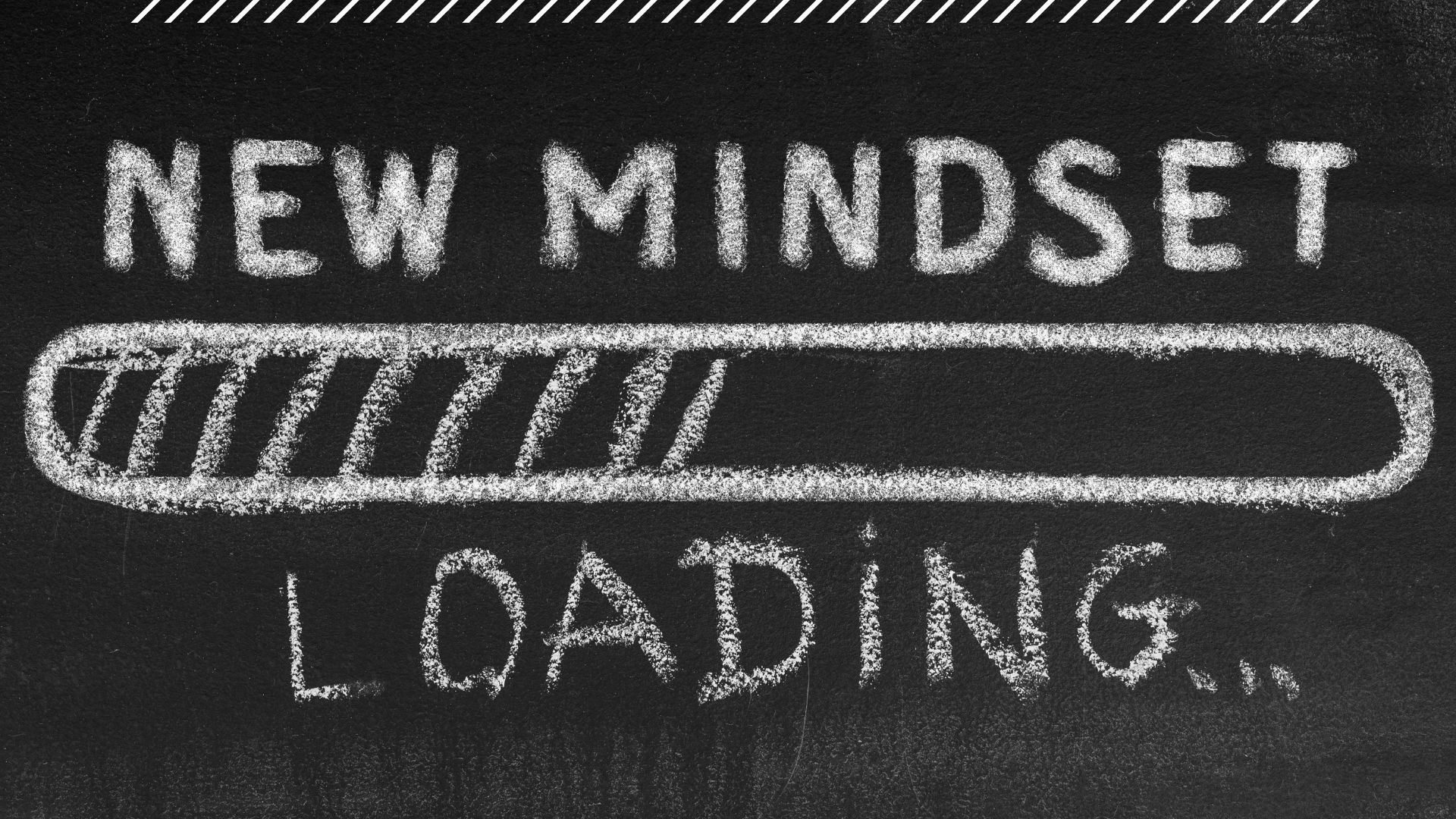Some days (or weeks, or months, or seasons), everything just feels hard. You wake up with a weight on your chest. Moving through the day feels like wading through molasses. And the usual strategies that keep you motivated don’t seem to be working.
It’s not burnout, exactly. It’s not a full-blown crisis. It’s a kind of blanket malaise, a general sense that life and work are just… heavy.
When you find yourself in this place, it can be tempting to push harder, to double down on productivity, or to berate yourself for not being able to “snap out of it.” But that usually backfires.
What often makes the biggest difference in these moments isn’t forcing action – it’s shifting your mindset.
Success-Minded Shifts to Try When Everything Feels Hard
1. From “I Should Be Doing More” to “What I’m Doing is Enough”
When life feels hard, your energy is already being spent on navigating that difficulty. Instead of layering guilt on top of exhaustion, try giving yourself permission to do what you can – and let that be enough. Productivity ebbs and flows, and a season of lower output does not define your worth.
One helpful practice is to redefine what “enough” looks like for you on difficult days. Maybe it’s simply showing up, responding to urgent emails, or taking care of basic needs.
Do your best to honor your capacity without judgment.
2. From “Everything Feels Unmanageable” to “What’s One Small Win I Can Get?”
When you’re stuck in a fog of malaise, the big picture can feel overwhelming. Instead of trying to tackle everything at once, zoom in on one small thing you can do.
Maybe it’s answering one email, taking a walk, or making your bed. Small wins create momentum, and momentum creates movement.
It can also help to create a “low-energy to-do list.” This is a short list of simple, non-overwhelming tasks that you can turn to when everything feels too big.
Completing even one of these tasks can help shift your mindset from feeling stuck – to feeling capable. Your small win might even be a choice to do something to nurture yourself. Don’t discount the downstream benefits that can come from engaging in self-care.
3. From “I’m Stuck” to “This is Temporary”
Malaise can feel like a permanent state, but feelings are not forever. Remind yourself that what’s hard today won’t necessarily be hard a week, a month, or a year from now. Sometimes, just acknowledging that this is a season – rather than your identity – can bring relief.
If it helps, reflect on past difficult periods. What helped you move through them? What eventually changed?
Recognizing that you have survived hard times before can give you confidence that you will make it through again.
4. From “It’s on Me to Fix This” to “I Can Ask for Support”
One of the biggest traps of hard times is isolation. You don’t have to muscle through on your own. Reach out – to a friend, a colleague, a coach, a therapist. Even small moments of connection can ease the weight you’re carrying.
If asking for help feels daunting, start small. Send a text to a trusted friend, schedule a quick call, or simply allow yourself to be honest with someone about how you’re feeling.
For those who can afford it, hiring help can also be beneficial – especially for tasks like laundry, housekeeping, or administrative work.
But remember, it’s not necessarily about solving something or getting something done – sometimes, just sharing your experience is enough to shift your perspective.
5. From “Everything Feels Meaningless” to “What Still Brings Me Joy Today?”
When malaise sets in, it can dull even the things we normally enjoy. But sometimes, reconnecting with even a tiny spark – music, nature, reading, a conversation – can remind you that joy still exists.
You don’t have to force happiness, but you can gently invite it back in. Consider making a “joy list” – a collection of small things that have brought you happiness in the past.
When you’re feeling lost, turn to this list and try one or two things, even if they don’t feel immediately rewarding. Joy doesn’t always arrive in grand gestures; sometimes, it’s found in the smallest of moments.
The Power of Self-Compassion
At the heart of all these mindset shifts is self-compassion. When everything feels hard, the answer isn’t to criticize yourself – it’s to show yourself kindness and understanding. Acknowledge the struggle, take the pressure off, and trust that this, too, will pass. Give yourself the same grace you would give to those closest to you.
Hard moments are part of the human experience. They don’t mean you’re failing; they mean you’re alive.
But just as hard times come, they also go. The key is to avoid forcing your way through them, and instead navigate them with grace – one small shift at a time.
Final Thought: When everything feels hard, the goal shouldn’t be to fix yourself, but to support yourself. Your worth isn’t defined by your productivity or by how well you handle tough times. You are enough, even when things are difficult. And you will get through this.

